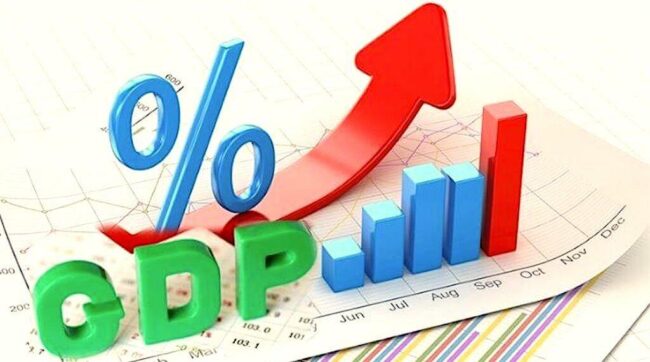CBN’s FX overhaul, stable naira spark renewed confidence despite lag in long-term FDIs
Nigeria is re-emerging as a preferred destination for global capital, with fresh data showing inflows hit $5.6 billion in the first quarter of 2025, the highest in five years.
The rise, a 67 percent increase from the $3.4 billion recorded a year earlier, reflects the impact of reforms by the Central Bank of Nigeria (CBN) and a more stable macroeconomic environment.
The National Bureau of Statistics (NBS) reported that most investments accounted for within this figure as $5.2 billion, while foreign direct investment (FDI) contributed $126.63 million, or just 2.24 percent of the total inflows.
Analysts say the turnaround stems from key steps taken by the CBN Governor Olayemi Cardoso including an unification of exchange rates and the clearance of a $7 billion FX backlog that had been weighing on the economy.
Cardoso’s unification of the FX markets improved liquidity, lowered Nigeria’s sovereign risk spreads to their lowest since 2021, and sent a strong signal of policy transparency to global markets.
Analysts affirm that the revival reflects both renewed confidence from global capital markets and Nigeria’s long-term fundamentals.
According to economic experts, the new sweeping reforms by the Central Bank of Nigeria (CBN) and a more stable naira are reshaping investor confidence.
The CBN Governor Olayemi Cardoso’s unification of exchange rates has improved liquidity, lowered Nigeria’s sovereign risk spreads to their lowest levels since early 2020, and shown a strong commitment to policy transparency in financial markets, attracting fresh interest from global funds.
The International Monetary Fund (IMF) has pointed to macroeconomic stability, clarity and free flow of repatriates profits as the decisive factors for sustaining inflows.
The IMF has highlighted macroeconomic stability, clarity and repatriation of profits as decisive factors for attracting long term investments.
While Nigeria’s FDI levels remain low, portfolio investors have returned strongly, with exchange management reforms appearing critical to driving confidence.
“Nigeria appears to be back in business as long-awaited reforms take shape, improved currency liquidity and a pathway for investors to repatriate profit are key,” said Emeka Akcakmak, portfolio manager at East Capital.
The CBN is also pressing ahead with bank recapitalisation to prepare lenders for larger ticket deals as Nigeria pursues its ambition of a $1 trillion GDP by 2030.
A stronger financial sector, it argues, is essential to attract and manage large FDIs.
Economists note that the momentum from these reforms must be sustained, while the bulk of other reforms, including non-oil stimulus investment, will be key in building a shift toward longer-term inflows.
Even so, Nigeria’s large market, youthful population, and improving infrastructure will help reshape the investment narrative.
If momentum is sustained, the country could emerge as one of Africa’s standout destinations for foreign direct investment.
WATCH TOP VIDEOS FROM NIGERIAN TRIBUNE TV
- Relationship Hangout: Public vs Private Proposals – Which Truly Wins in Love?
- “No” Is a Complete Sentence: Why You Should Stop Feeling Guilty
- Relationship Hangout: Friendship Talk 2025 – How to Be a Good Friend & Big Questions on Friendship
- Police Overpower Armed Robbers in Ibadan After Fierce Struggle






